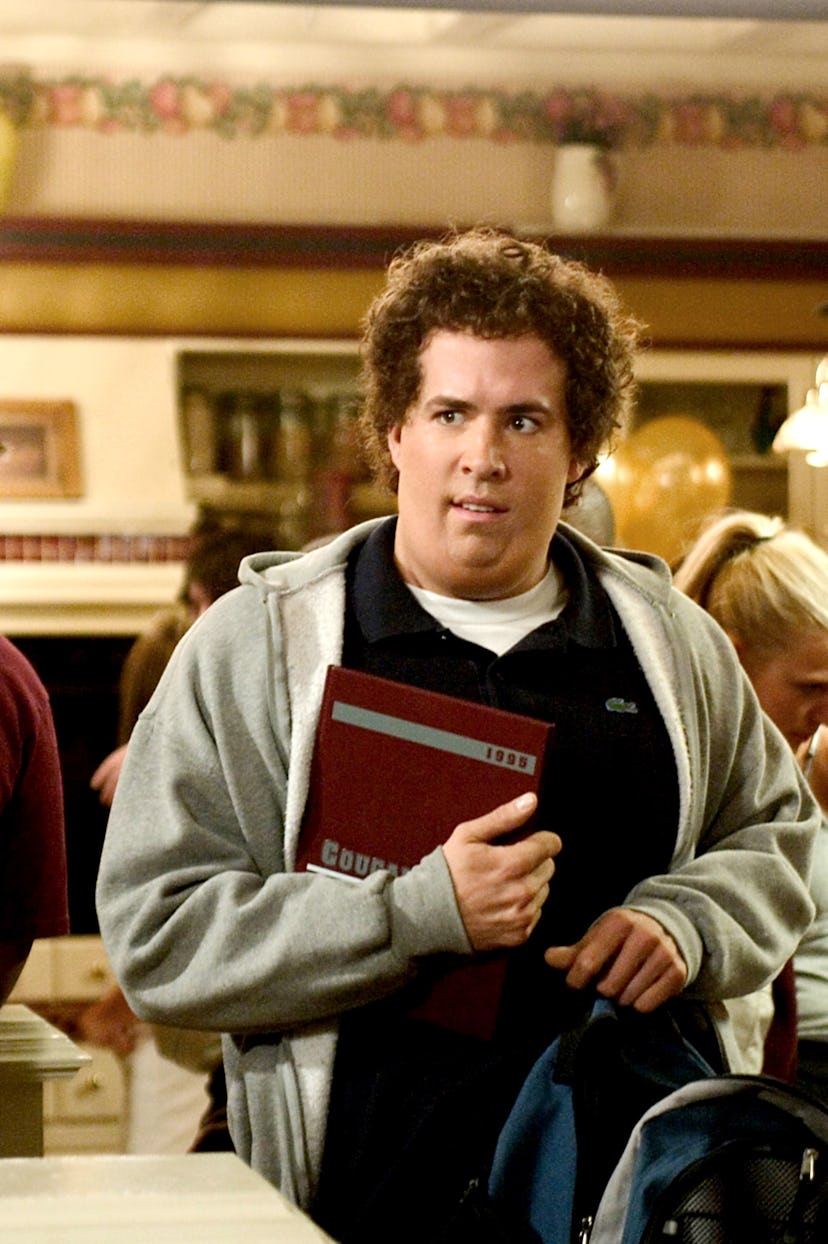What Does Julianne Moore’s Firing From Can You Ever Forgive Me? Mean for Fat Suits in Hollywood?

Earlier this month, Julianne Moore finally discussed her firing from Can You Ever Forgive Me? in 2015, when Nicole Holofcener was still attached as director (the role eventually went to Melissa McCarthy, garnering her an Oscar nomination, and the director job went to Marielle Heller). “I didn’t leave that movie. Nicole fired me,” Moore said during a recent appearance on Watch What Happens Live. “I think that her idea of where the character was was different from my idea of where the character was, and so she fired me.”
Not long after Moore’s admission, The Hollywood Reporter published a report claiming that those creative differences went deeper than just Moore’s acting style: Moore was reportedly set on wearing a large prosthetic nose to portray the notorious literary scammer Lee Israel in the film, but Holofcener thought it would be too distracting. In the latest update to the saga, earlier this week Richard E. Grant, the film’s other star, revealed during a panel at Advertising Week Europe that in addition to the fake nose Moore wanted to wear a fat suit in the role, “and Nicole Holofcener said, ‘You’re not going to do that,’” per Grant.
Though one very publicized incident does not a trend make, there’s hope that Holofcener’s refusal to let Moore wear a fat suit to play a plus-size woman marks the beginning of the end for fat suits in Hollywood. For one thing, though it’s taken decades, the entertainment industry has finally (if still frustratingly slowly) begun to realize that not only are plus-size characters more than just punchlines—see: Shallow Hal, Just Friends, and every Madea movie—but that there are also plenty of plus-size actors willing and more than able to play complex and interesting roles.
For another, in recent years, viewers have become increasingly unwilling to accept fat-suited actors as a valid portrayal of plus-size characters. When it was revealed in 2017 that Chris Sullivan wore prosthetics in order to play Toby in some scenes in This Is Us, many fans expressed their outrage, especially since the show has been widely lauded for its nuanced portrayal of the main character Kate’s struggles with her weight and self-confidence (Kate is played by Chrissy Metz, sans fat suit). For his part, Sullivan brushed off the criticism as indicative of a general culture of outrage and noted that he only uses the prosthetics in order to show Toby at different periods of his life throughout the time-hopping series.
In her own response, Metz addressed a central argument against the use of fat suits: that if an actor has to put on fake weight to play a larger character, they can’t accurately portray someone who’s had the experience of actually carrying that weight. “We tested a lot of gentlemen who were bigger, and I get it—people think the authenticity is kind of ruined by that. But Chris has been heavier, so I think he understands the plight of being overweight,” said Metz, who wore a fat suit herself on American Horror Story, and has since said the experience served as a “wake up call” that made her determined to lose weight.
Similarly, one of the main criticisms about the highly controversial Netflix series Insatiable ahead of its 2018 release was that it saw Debby Ryan donning a fat suit to play a character who was mercilessly teased by her classmates; upon having her mouth wired shut—following a physical fight with a homeless man who calls her a “fatty,” no less—Ryan’s character loses a ton of weight, suddenly gains popularity, and is only then seen as attractive. The show was called toxic and fatphobic, and spawned a petition for Netflix to cancel the show before it was released. (To the dismay of these critics—and of actual television critics, who widely panned the series—not only did the show’s stars vehemently defend it as “satire” and an anti-bullying parable, but Netflix also renewed it for a second season.)
For the most part, viewers seem to be ready to leave fat suits in Hollywood’s shameful past, and for good reason: They’re offensive and completely unnecessary. Melissa McCarthy received multiple lead actress nominations for playing Lee Israel sans fat suit, Chrissy Metz has been recognized for her work on This Is Us, and in Shrill Aidy Bryant plays a woman whose size is far from the most important or interesting thing about her. Those are just a few examples. Fat suits only serve to dehumanize characters who aren’t sample-size, and with any luck more directors will take a page out of Holofcener’s book and ban them from their sets.